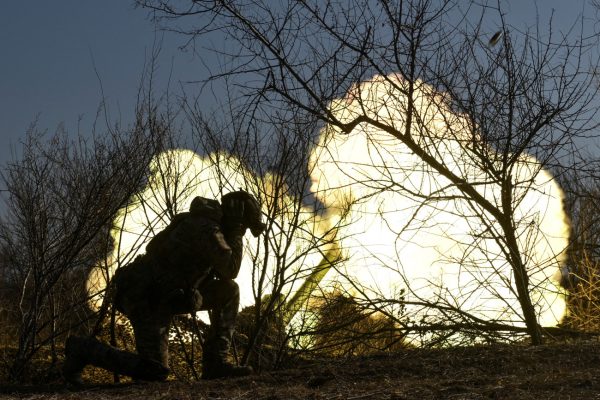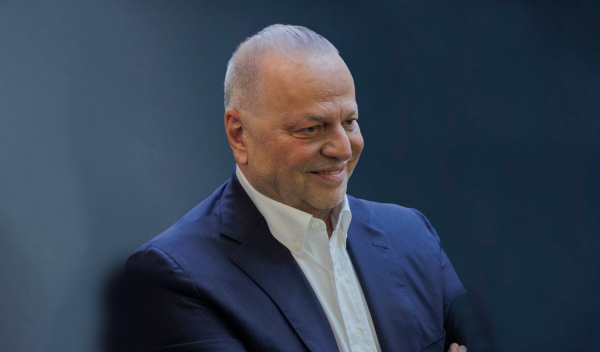Since the 24 February Russian invasion of Ukraine, when the international community watched with terror Moscow’ first military operations on Ukrainian soil, 100 days have passed.
If one were to look back, one would discern two key mistakes in analysing the situation.
The first involves those who believed that Washington’s warnings about a possible invasion were exaggerated.
The second concerns those who predicted a “swift” invasion and a heroic but brief Ukrainian resistance.
Moreover, Putin himself had not planned properly. Ukraine’s armed forces endured the first attacks and struck Russian forces at points where they were most vulnerable, as they were fighting to protect their freedom and to gain international solidarity.
Despite the fact that 100 days have gone by, the Russians, who are being accused of war crimes, have managed to gain only 20 percent of Ukrainian territory in the Donbas region, home to the Russian-speaking population.
The rest of the world also changed on 24 February.
The West’s heavy economic sanctions against Russia shaped a new energy and economic situation in Europe.
Russia’s threats that it may resort to the use of nuclear weapons is reminiscent of the Cold War era.
The applications of Sweden and Finland to be admitted to NATO create new realities for the Alliance.
As time goes by, no one forgets Ukraine, because it is there that for the last 100 days, thanks to the bravery of the Ukrainians who continue their resistance, the heart of liberal democracy beats.
































